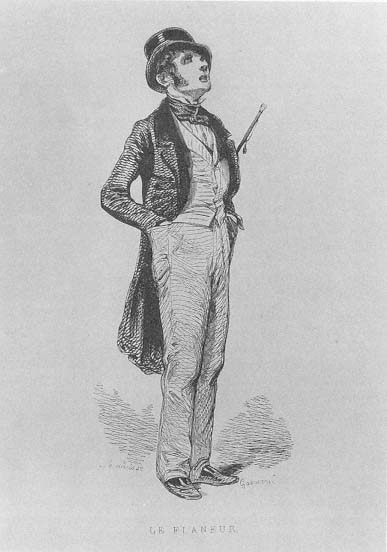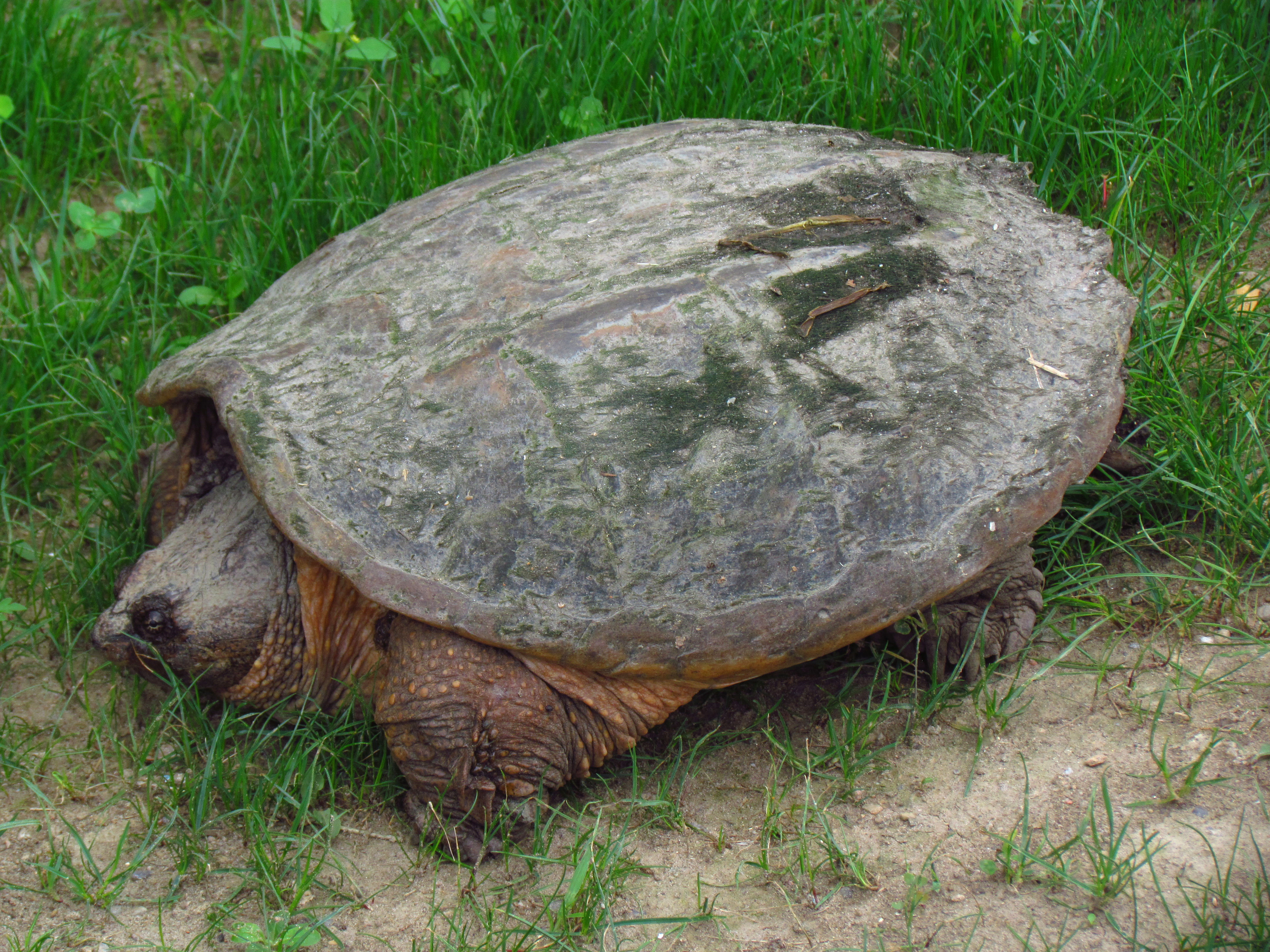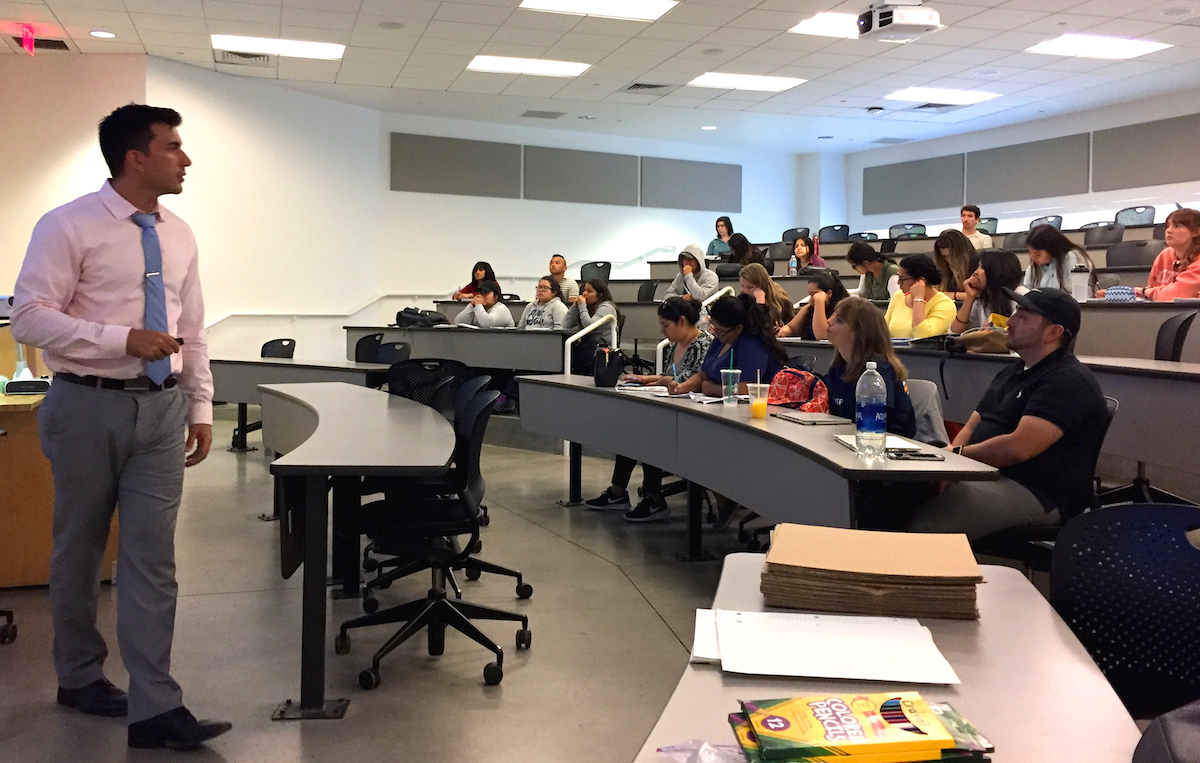In my previous post, I took a turn from direct analysis of Dialectic of Enlightenment to engage with David Scott’s writing on tragic disposition in Conscripts of Modernity. I then focused


CRITICAL THEORY | SOCIAL ANALYSIS | POLITICAL PHILOSOPHY AND THEOLOGY

In my previous post, I took a turn from direct analysis of Dialectic of Enlightenment to engage with David Scott’s writing on tragic disposition in Conscripts of Modernity. I then focused

This essay sprang from an effort to understand one of the more obscure passages in Louis Althusser’s contribution to Reading Capital of 1965. Althusser’s commitment to anti-humanism – inaugurated by

The following is a response to Tink Tinker’s “Osage Kettle Carriers – Marmitons, Scullery Boys, And Gender Choices,” posted on on July 23, 2019. It was nearly a decade ago that I

Due to the historical sourcing and cultural explanations necessary to Dr. Tinker’s scholarship, the editors of The New Polis have kept all of the author’s footnotes intact, though we have inserted hyperlinks when

The following is the second of a four-part series. The first can be found here. Politics and the Political There is nothing political about ontology if by “ontology” we simply

I ended my first post in this series considering David Scott’s description of the tragic disposition as an obligated action in a world where values are “unstable and ambiguous.” I

The following is the first of a four-part series. Is the philosophy of Gilles Deleuze directly political? There are essentially three possible answers to such a question. First, if the

The scramble is now on between the proliferating number of candidates for the Democratic Presidential nomination to offer voters the most attractive plan for dealing with the student debt crisis,

I am often perplexed, sometimes disturbed, and generally intrigued by the use of Literature in philosophical arguments. While there is a robust tradition of Marxian-influenced material critique within Cultural Studies,

Translated by Rachel Thomas. Edited by Carl Raschke. The following is the fourth part of a series of translated fragments (or “short prose”) from the writings of Walter Benjamin, beginning